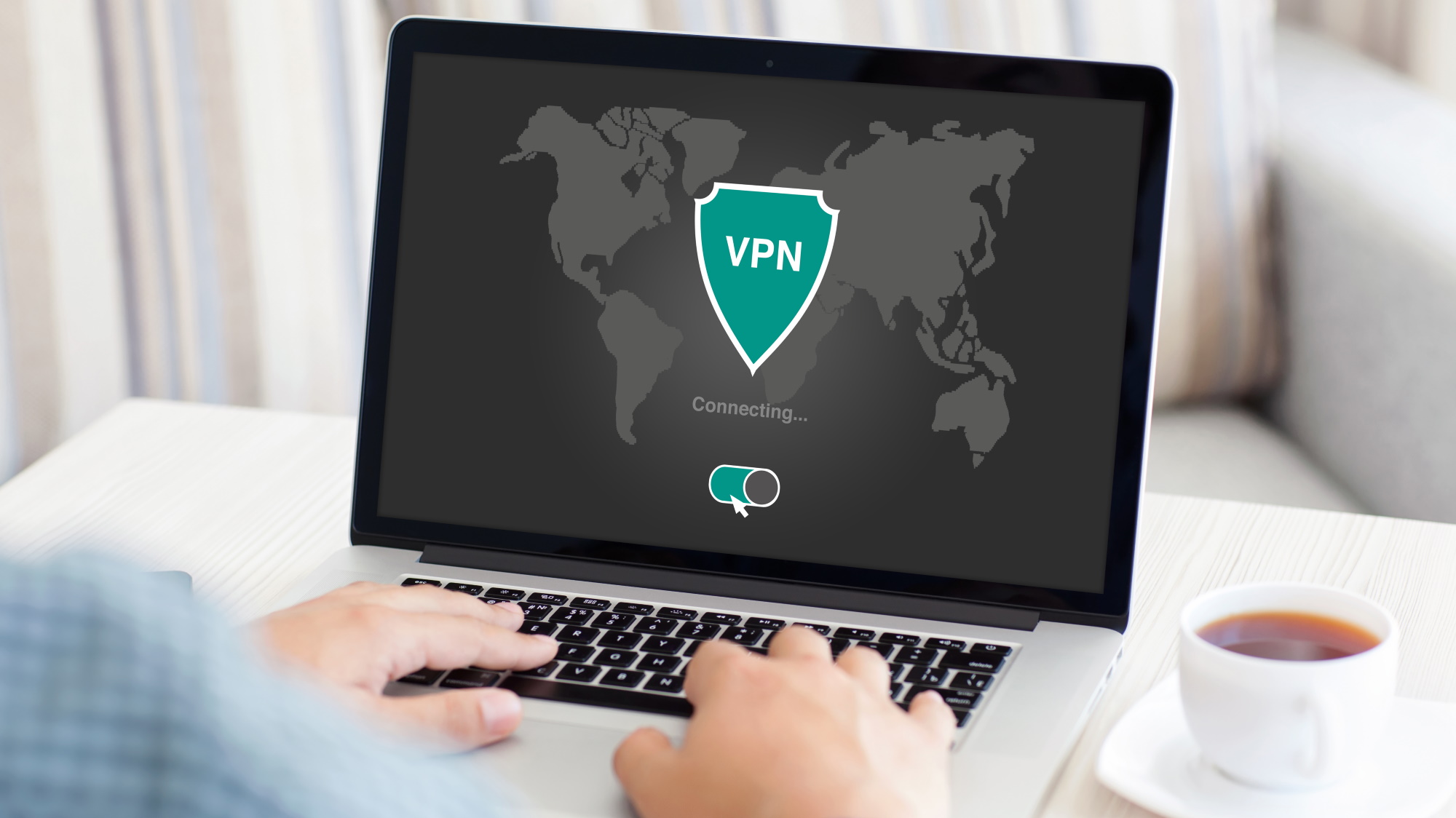Ethics and VPN: the industry needs to aim higher
VPN providers must aim to serve the interest of users' privacy, security and anonymity

Virtual Private Networks (VPN) are both legal to use and safe to use - perhaps the two most commonly expressed concerns by consumers looking into subscribing to a VPN.
Perhaps where things can start to blur is (from public perception), whilst the use of a VPN is perfectly legal, any illegal activity carried out online whilst using a VPN will remain illegal. A VPN can help to keep people and their privacy protected online from an internet provider, but using one to say, stream pirated copyrighted information, still remains an illegal activity.
Sebastian Schaub is the founder of hide.me VPN.
And let us be clear, the notion that all VPNs use is for illegal or ‘shady’ activities is nonsense - a significant volume of VPN traffic is purely business related. For example, there are many businesses (and business customers) who will often have the need to connect to a VPN from a security point of view.
The case against making VPNs illegal
Of course VPNs can be used to camouflage illegal browsing activities. But that stance is one that is adopted by the user and not the VPN provider.
Making VPN use illegal would certainly impact those that use VPNs for legitimate purposes - similar to the way businesses use VPNs too.
Indeed, the analogy is often used that making VPNs illegal because the few use them for illegal purposes should mean that a gun shop is held liable if a customer then uses a purchased gun for criminal activity. And anyway, there’s nothing stopping people from using a normal internet connection for illegal purposes - how likely is it that internet access gets banned due to the actions of (relatively) few users who decide to misuse the internet.
A code of conduct for VPN providers
I feel that the barrier to entry for the VPN industry is so low that it makes it really easy for those so inclined, to launch a new VPN - currently we are witnessing new brands emerging almost every day.
Are you a pro? Subscribe to our newsletter
Sign up to the TechRadar Pro newsletter to get all the top news, opinion, features and guidance your business needs to succeed!
Under such circumstances, I believe that there is a very high risk that some of these people are in it only for money - their actions might therefore compromise the ethics and foundations that the VPN industry was built on.
I feel (as somebody who has created a VPN from scratch) that it’s our collective responsibility to do everything we can to ensure that all VPN providers follow a certain code of conduct, one that is purely serving the interest of our users’ privacy, security and anonymity. If we are unable to do this, my fear is that users will find it very difficult to trust even those VPN providers who hold themselves to very ethical standards - and this is not a good ending in my opinion.
Joining an initiative
A very practical way in which the VPN Industry as a whole can take massive strides towards a unification of moral and ethical interests, is to become part of an initiative such as the Internet Infrastructure Coalition (i2Coalition) and the VPN Trust Initiative (VTI) (a consortium of VPN providers tasked with improving digital safety for consumers).
The VPN Trust Initiative brings together first-hand insights and focuses on advocacy, education, and awareness. Ultimately it seeks to address VPN concerns, and proactively solve associated challenges by: defining VPN best practices, reinforcing industry standards, providing accurate information to government officials and policy makers, promoting appropriate industry-led regulations and informing the wider technology industry.
Such initiatives could well hold the answers for some countries where a good amount of VPN use is banned. In Iran, for example, VPN use is considered illegal - it deliberately blocks VPN use as part of its wider internet censorship methods. The UAE and China are other places where a general crackdown on VPNs is commonplace. The i2Coalition supports those who build the nuts and bolts of the Internet, and they believe that the continued growth of the Internet is vital for growing an environment of innovation, especially in America.
By seeking to influence decision makers, weighing decisions on whether they are good or bad for the Internet economy and its foundational industries, they seek to foster growth within the Internet infrastructure industry which could ultimately convince government officials in repressive regimes that internet freedom is a good thing (when properly managed / policed).
- Also check out our complete list of the best VPN providers
Sebastian Schaub, CEO, hide.me
